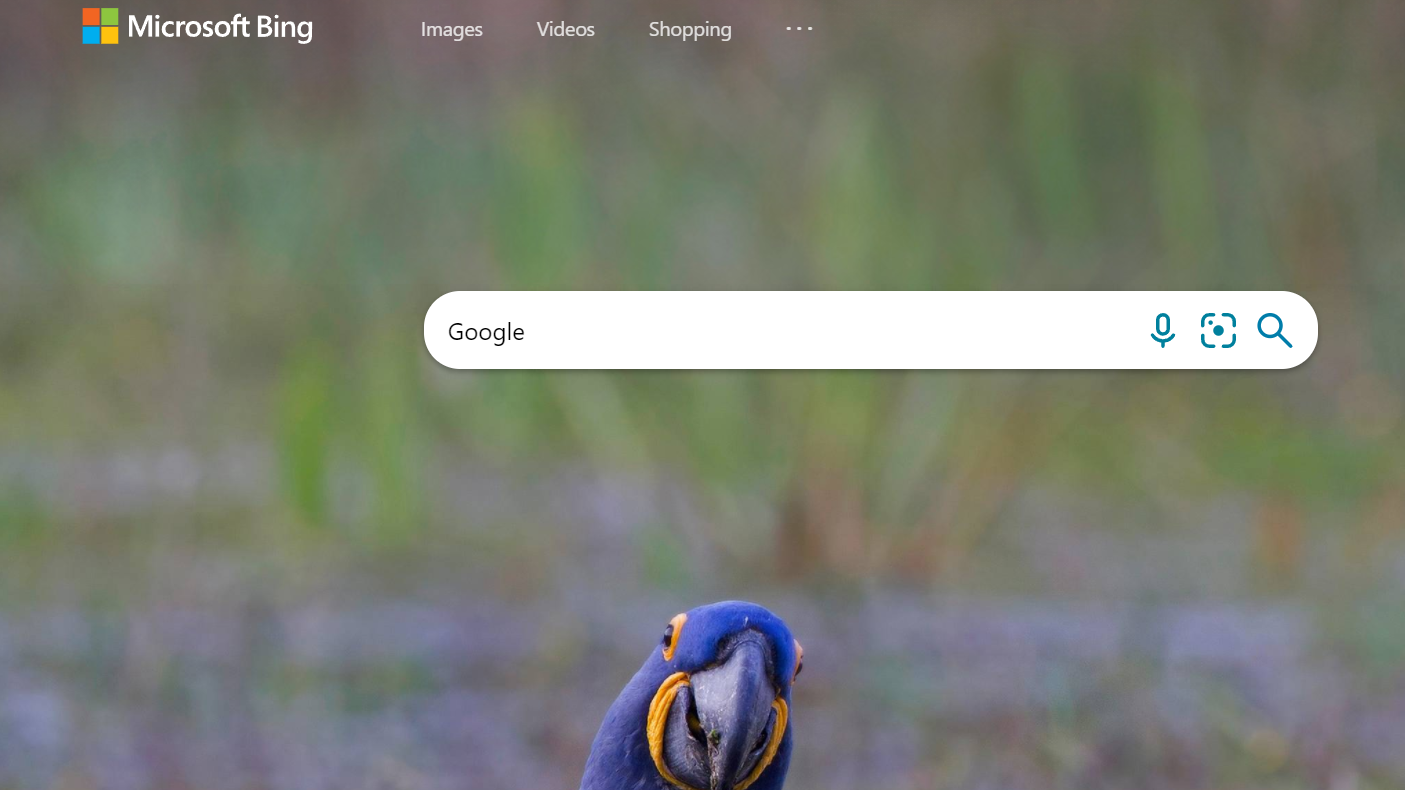Back in July, Google’s parent company Alphabet was fined €4.3bn and slapped with an antitrust order by the European Union after it was accused of allegedly using strong-arming tactics meant to push out any competing search engine and monopolize market share. Google, meanwhile, claims its search engine’s dominance was simply due to it being very popular.
Lawyers for Google appeared in court Thursday and argued to EU judges that the fine should be overturned; they also argued to strike down a 2018 antitrust order because Google’s success is due to consumer preference. Customers prefer Google so much, the lawyers claim, that the most popular search term on Bing is, in fact, “Google.”
“We have submitted evidence showing that the most common search query on Bing is by far Google,” said Alfonso Lamadrid, a lawyer for Alphabet Inc., as reported by Bloomberg. “People use Google because they choose to, not because they are forced to,” Lamadrid continued. “Google’s market share in general search is consistent with consumer surveys showing that 95% of users prefer Google to rival search engines.”
The basis for the antitrust order, according to lawyers for the European Commission, was that the giant tech firm acted illegally by doing the following:
1. Forcing phone and tablet manufacturers to pre-install Chome on its phones by refusing to license the Google Play Store otherwise, which is where most Android users search and download apps.
2. Making payments to mobile network providers and manufacturers to exclusively pre-install the Google Search app on their devices.
3. Prevented manufacturers from selling any smart device with alternative versions of Android that didn’t go along with the scheme.
Sundar Pichai, CEO of Google, argued against the allegations in a blog post following the July 2018 ruling, saying “Today’s decision rejects the business model that supports Android, which has created more choice for everyone, not less. We intend to appeal.”
One last interesting tidbit: the EU’s Competition Commissioner says that between Google forcing its search browser onto phones or paying its way there, only 1% of users have downloaded a different search app on mobile devices in Europe.


